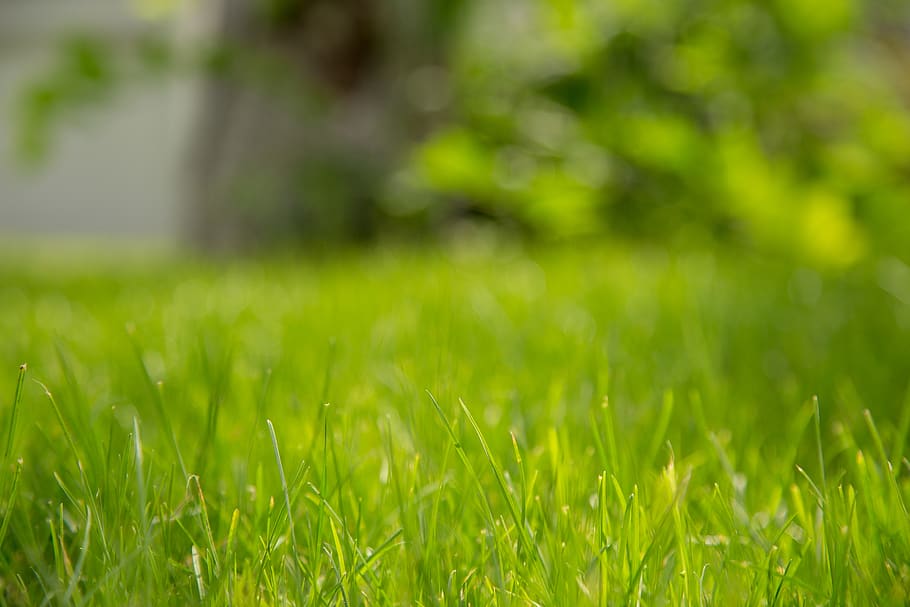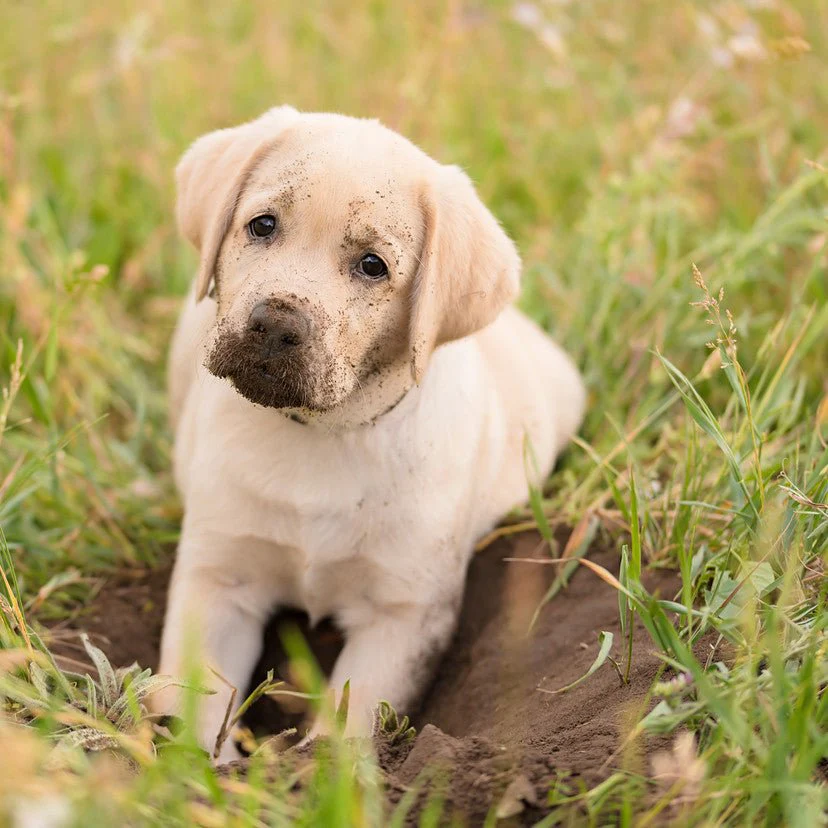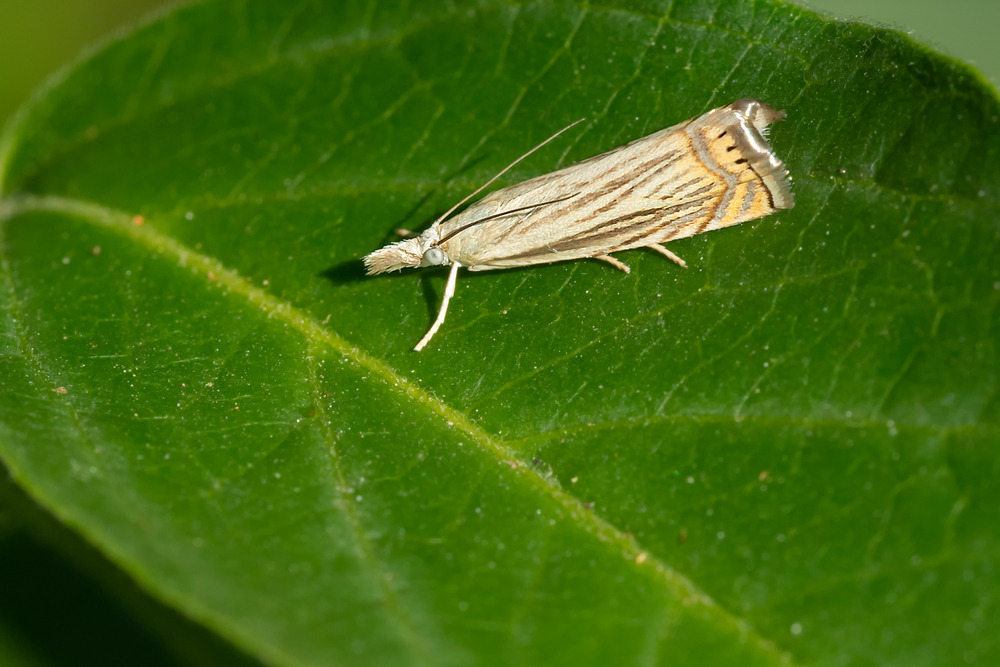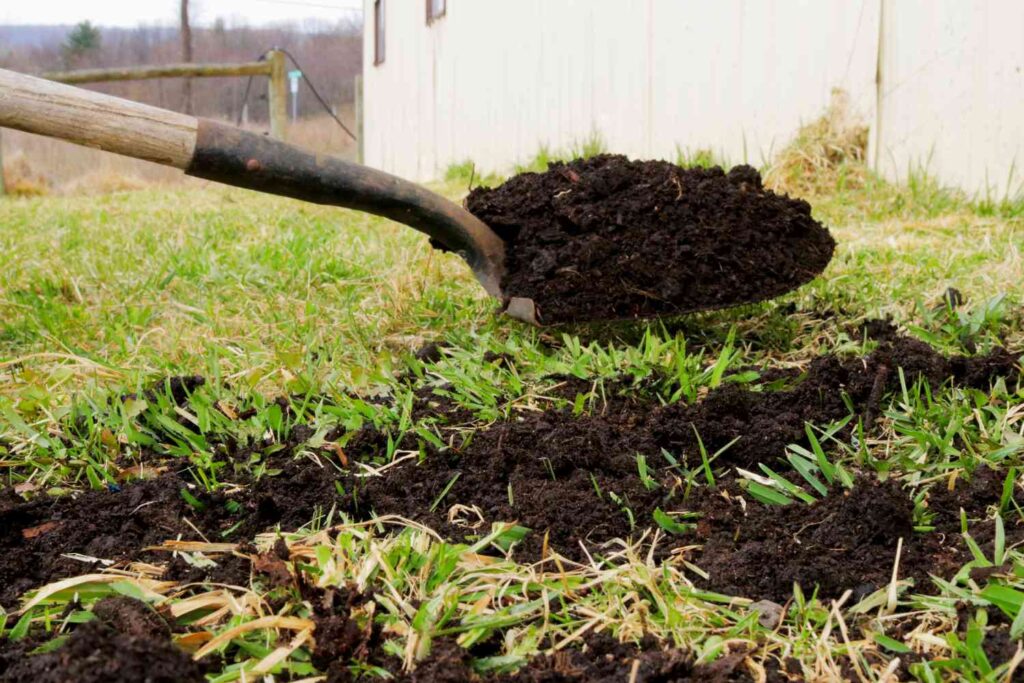As you would for your body’s health, preventative care will help your lawn become healthy and resistant to pests. Here are some easy, but effective, preventative lawn care tips.
Preventative Lawncare Tip #1: Choose the Best Grass Type for your Area
The grass will be more resilient to local diseases and pests if it is well-adapted. Each year there are new varieties.
Remember that grass is not good everywhere
It doesn’t matter if your grass doesn’t thrive in every spot of your yard. A spruce tree can provide shade and mulch that is more tolerant of acidic soils.
Preventative lawn care tip #2: Water your lawn slowly, deeply and less frequently
Your grass will grow stronger roots if you water it properly. This will make it less likely to become drought-prone. You can water your grass early in the day to prevent moisture loss by evaporation.
For a healthy lawn, it is important to water the grass deeply and not often enough. An established lawn does not need to be watered daily.
Preventative Lawn Maintenance Tip #3: Create Healthy Soil for Your Lawn
Enhance the soil texture
The best soil for grass is intermediate soils that have a good balance of clay, silt and sand. To improve soil texture and to recycle nitrogen, mulch your grass clippings and use compost materials.
Allow to air out once per year.
Aeration creates more ground for roots to grow. By increasing absorption, it increases lawn treatment effectiveness.
The fertilizer sits in holes and is then absorbed into the soil, rather than running off. You may need to air your yard if there is a lot of clay in the soil or heavy foot traffic.
Utilize organic fertilizers that are locally grown.
Many lawns require additional nitrogen, potassium or phosphorus. You can make your own organic fertilizers. They are safer for you, your children and the waterways. Producing local organic fertilizers requires significantly less resources. These products are designed to work with the natural cycles of nature, rather than changing them. You can use synthetic fertilizers to get quick results. However, you should also start a program of organic fertilization that will produce healthier grass in the long term.
It is important to have the correct soil pH.
A pH between 6.5 and 7.0 is ideal for grass. Lime or sulfur can be added to soil that has a pH of 6.5 to 7.0. Low-cost soil analysis kits are available at garden and lawn stores.
Sprinkle a thin layer compost or topsoil.
Thatch is the dead plant material that lies between your grass and the soil. It is possible for thatch to grow up to 1/2 inch deep, which can hinder water and nutrients reaching the soil and roots. An excessive use of fertilizer may result in thick layers of thatch. Applying a thin layer or topsoil to the lawn or raking it can reduce thatch and improve the health of your soil and lawn.
Preventative Lawncare Tip #4: Use pesticides sparingly or avoid them altogether
Pesticides are insecticides as well as herbicides and fungicides. Pesticides can cause serious harm to wildlife, children, and pets. Pesticides can also cause the death of beneficial organisms such as worms. This could disrupt the ecological balance within your yard.
Pests can be caused by an underlying problem in your garden. Make sure you fully understand the issue before applying synthetic products.
Take the time to consider all options. Biological controls like ladybugs for aphid control may be an option. You can apply pesticides only to a small area of the yard, rather than blanket treatment.
A key part of lawn care is limiting or avoiding pesticides.
Preventative Lawn Maintenance Tip #5
Even a healthy lawn is likely to have some weeds. By killing every weed, you also risk destroying beneficial insects that help maintain your lawn’s health. A lawn with 15% of its weeds might appear almost weedless to the average observer.
Be mindful before you act
Pull or cut out weeds when necessary. Look for the root causes of your lawn’s weed problems to find a long-term solution. The short-term results of pesticides, herbicides or synthetic fertilizers may not be sustainable long-term.
If you have weed problems, we recommend that you use organic weed management by using a natural herbicide.
The Difference Between Organic and Sustainable Lawn Care
While your yard may seem small, it has a large impact on the surrounding environment. About 54 million Americans mow lawns each weekend. Our lawn care habits can make a big difference.
Use greener lawn care to improve the health of your family and the environment .





